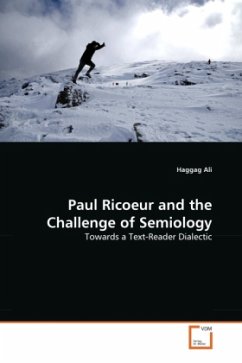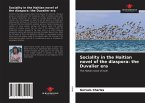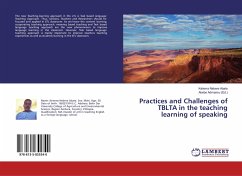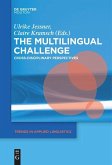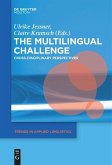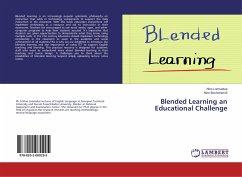The mainstream European literary criticism opposes hermeneutics, phenomenology and existentialism in order to decentre the human subject and celebrate 'the destruction of reference'. The challenge of semiology is posed by allegiance of structuralism, psychoanalysis and deconstruction against the human subject. All of them celebrate a system of signs without a subject; Freudian psychoanalysis foregrounds the hidden mechanism of the unconscious, structuralism works on language as an autonomous system and deconstruction indulges in the operations of chance and a closed semiotic web. Confronted with the denial of the referential power of language, the repudiation of the subjectivity of both writers and readers and the rejection of language as a significant discourse of moral and aesthetic value, Paul Ricoeur sets himself the task of resurrecting the subject and the referential power of discourse. He introduces a hermeneutical project directed at opening the semiology of language to the drama of life and the world of action.
Bitte wählen Sie Ihr Anliegen aus.
Rechnungen
Retourenschein anfordern
Bestellstatus
Storno

